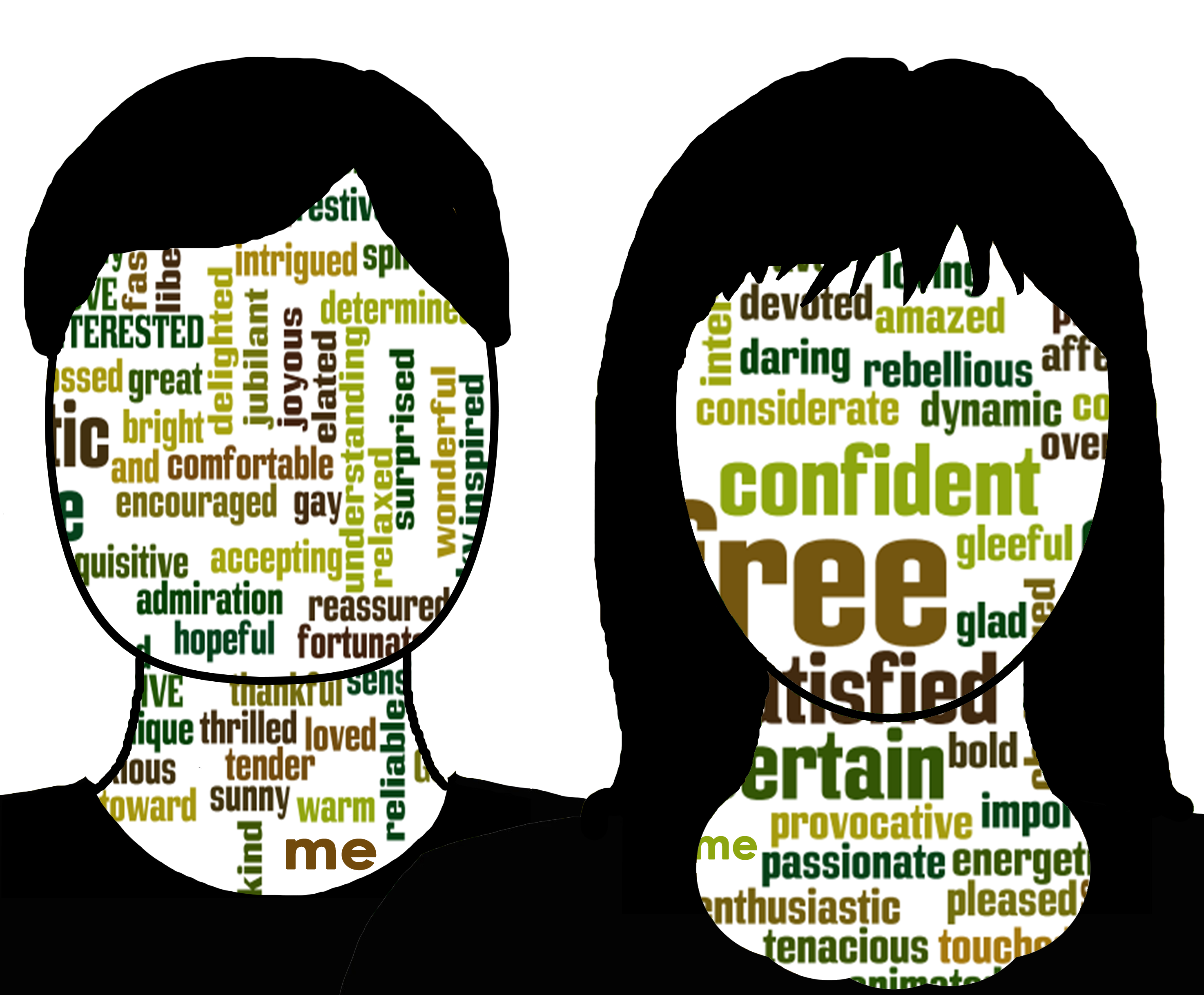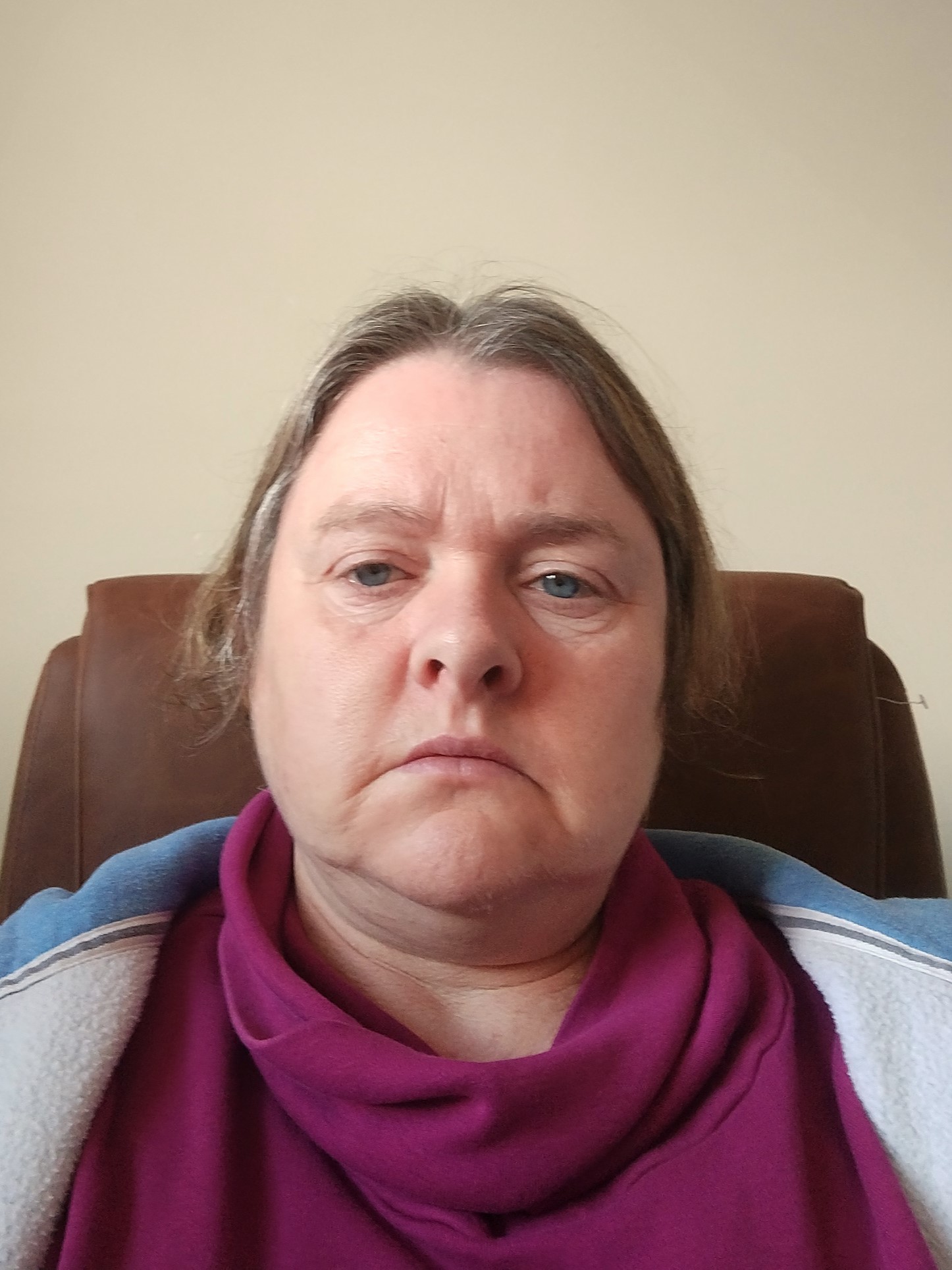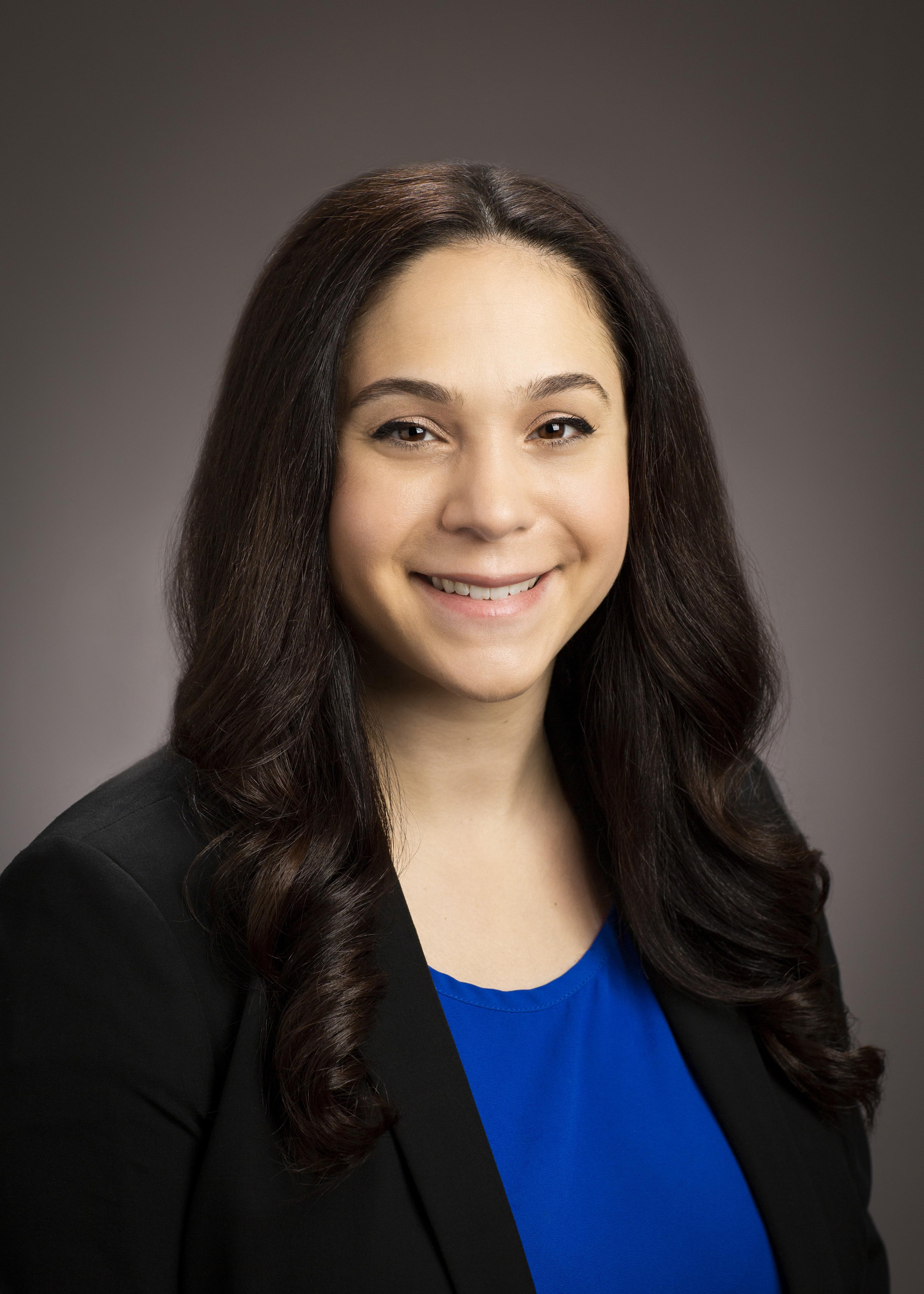 Virtual Ability Presents
Virtual Ability Presents
the 12th Annual Mental Health Symposium
“Self-Identity and Mental Health”
Friday, May 12, 2023
Sojourner Auditorium,
Virtual Ability Island
In Second Life
http://maps.secondlife.com/secondlife/Virtual%20Ability/53/172/23
The 12th annual Mental Health Symposium will take place in Virtual Ability’s Sojourner Auditorium, on Virtual Ability island on Friday, May 12, 2023. There is no charge to attend.
The theme of this year’s Conference is “Self-Identity and Mental Health.” We believe that personal identification can have a major impact on mental health, and we want to stress the importance of a healthy sense of personal identity to good mental health.
The Symposium will take place in the virtual world of Second Life, at the Sojourner Auditorium on Virtual Ability island. The SLURL for the auditorium is: Sojourner Auditorium, Virtual Ability Island. (You can create a free Second Life account through Virtual Ability’s Sign-Up Portal, entering at the beginning of our New Resident Orientation Course. You can then post the auditorium’s SLURL into Nearby Chat, click the green underlined link, and teleport to the auditorium.)
Virtual Ability hosts this annual Symposium to share information about mental health and mental disabilities with the general population. Within our cross-disability community we have members who deal with a variety of mental health issues. Not only is this an opportunity for our community members to learn more about topics related to mental health from experts they probably would not have a chance to meet otherwise, it allows the general public to attend a professional conference at no cost.
Below is the full schedule for the conference.
Mental Health Symposium 2023 Schedule of Events
May 12, 2023. All times are in SLT/PDT.| Start Time | Presenter Name | Institution / Presenter Biography | Title of Talk |
|---|---|---|---|
| 7:00 am | Dr. Joanna Fox | Anglia Ruskin University Dr Joanna Fox is a social work academic and expert-by-experience. She is Associate Professor in Mental Health Recovery at Anglia Ruskin University, Cambridge, England. Joanna uses her own experiences of recovery in mental health to both teach social work students and development the involvement of people with lived experience in all forms of mental health research and services. | Mental Ill-health and the Recovery Process Dr. Joanna Fox uses her personal story of the development of mental illness and treatment thereof to illustrate important aspects of the journey to recovery. She discusses the importance of shared decision-making during the treatment and recovery processes, and the facilitators and barriers that occur during recovery. |
| 8:00 am | Dr. Yasuhiro Kotera | University of Nottingham Dr. Yasu Kotera is an Associate Professor in Mental Health at the University of Nottingham, and Accredited Psychotherapist. His research focus is about mental health across cultures, especially the differences or similarities in the way we feel well across cultures. He balances work and family as a father of triplets+1. | Cultures and how we feel well: Making a global map of mental health personal recovery Mental health is important to many people in many countries, and it is not just about feeling less bad (i.e., less stressed, depressed, or anxious). We also want to feel well. The way we feel well is different by cultures. In this talk, he will show you some of his research findings and current research projects about mental health and cross-culture. He would like to also think about mental health cross-culturally with the audience, and offer some practical tips for feeling well. |
| 9:00 am | Dr. Kate Cooper | University of Bath Dr. Kate Cooper is a clinical psychologist and researcher from the University of Bath in the UK. Kate’s work focuses on understanding social identity and gender identity in autistic people to promote psychological wellbeing. | Autism social identity and well-being This presentation will start by looking at different ways to understand identity. It will focus on research about identity in autistic people and how social identity processes can support psychological wellbeing |
| 10:00 am | Dr. Fred Berlin | Johns Hopkins Fred S. Berlin, M.D., Ph.D. is currently an Associate Professor in the Department of Psychiatry and Behavioral Sciences at The Johns Hopkins University School of Medicine and an Attending Physician at The Johns Hopkins Hospital. He is the Director of the National Institute for the Study, Prevention and Treatment of Sexual Trauma and the Director of The Johns Hopkins Sex and Gender Clinic. Dr. Berlin has given addresses at the White House, the US Senate, and the European Parliament, and frequently testifies as an expert witness in addition to his numerous publications. | Transgender Persons (Gender Dysphoria) The presentation will describe the nature of gender dysphoria (sometimes called gender incongruence), and what is known about its etiology. It will review historical and cross cultural examples of transgender persons and communities. It will discuss whether transgender persons should be permitted to participate in athletic events in keeping with their personal sense of gender identity, and it will address the question of what is a man and what is a woman. It will briefly discuss hormonal, surgical, and mental health supports available for transgender (and non-binary) adults and children. |
| 11:00 am | Dr. Bonnie Vest and Dr. Rachel Hoopsick  | University at Buffalo, University of Illinois Urbana-Champaign Dr. Bonnie M. Vest is a Research Associate Professor in the Primary Care Research Institute, Department of Family Medicine, at the University at Buffalo. She is a medical anthropologist and her research focuses on the complex relationships between identity, substance use, mental health, and social-environmental factors that impact healthcare utilization and overall well-being of military populations, using qualitative and mixed-methods approaches. Dr. Rachel Hoopsick (she/her) is an Assistant Professor in the Department of Kinesiology and Community Health at the University of Illinois Urbana-Champaign. She uses epidemiologic methods and a socioecological lens to understand risk and resilience for problems with substance use and mental health among populations with high-stress occupations and life circumstances. Her research has primarily focused on military populations (including veterans, active duty service members, reservists, and military-connected families), with a particular focus on never-deployed service members and veterans – a population at increased risk for problems with substance use, mental health, and barriers to healthcare services, yet remains understudied. | Military Identity and Service Expectations among Reservists: Associations with Mental Health and Substance Use Operation: SAFETY is an ongoing longitudinal study (PI: G. Homish) that examines the health and well-being of US Reserve and National Guard soldiers and their spouses. In this presentation, we will share insights into how military identity and military service expectations play into mental health and substance use outcomes among reservists. Specifically, we will discuss relationships between negative emotions related to not deploying and veteran identity centrality on substance use and mental health, as well as the intersections between them. |
| 12:00 pm | Wonkyung Jung, PhD, RN | Johns Hopkins School of Nursing Wonkyung Jung is a Postdoctoral Fellow in the RESILIENCE Center at the Johns Hopkins University School of Nursing, Baltimore, Maryland. Her research interests focus on healthy aging and social integration among people with disabilities. | Social Integration and Resilience We will talk about the concept of social integration and introduce the Resilience Center at the RESILIENCE Center in the School of Nursing, Johns Hopkins University. The RESILIENCE Center funds several research projects for intervention development and dissemination. Among the projects, we will introduce “CAPABLE Family” and “Designed With You.” “CAPABLE Family” is to adapt the original CAPABLE study for older adults with mild cognitive impairment and early-stage dementia and their family members. “Designed With You” is aimed to identify the needs of caregivers with disabilities and develop tailored interventions using human-centered design. |
